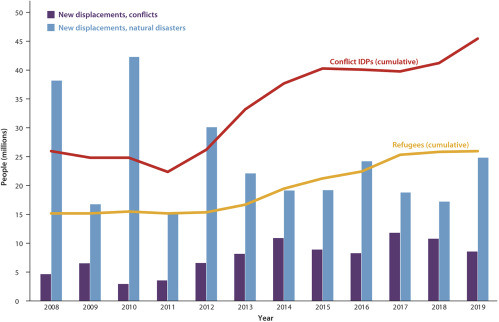This book chapter advances SDGs 6, 12 and 11 by analyzing research studies on water remediation within the framework of 12 principles of green chemistry, bibliometric features, and characteristics of related research papers.
This book chapter advances SDGs 15 and 11 by exploring a holistic approach to urban soil restoration which seeks to improve urban soils using integrated socioecological and landscape-scale approaches that embrace diverse outcomes including novel ecosystems and many sociocultural goals.
This book chapter advances SDGs 15 and 11 by reviewing the anthropogenic activities worldwide that have caused ecological degradation resulting in the need to mitigate damage to essential ecosystem services in rural and urban areas.
This book chapter advances SDG3 Good Health and Wellbeing and SDG 10 Reducing Inequalities by examining the diagnostic and investigatory applications of Magnetoencephalography (MEG) in various neurological diseases, including epilepsy and cognitive dysfunction.
Elsevier,
Advances in Chemical Pollution, Environmental Management and Protection, Volume 6, 2020, Pages 1-31
This chapter advances SDG 6 by presenting three low-cost treatment solutions based on solar energy disinfection, phytoremediation, and a combination of biofiltration and solar energy disinfection.
Climate change is reshaping the comparative advantage of regions and hence driving migration flows, principally toward urban areas. Migration has multiple benefits and costs in both origin and destination regions. Coordinated policies that recognize how and why people move can reduce future costs and facilitate adaptation to climate change both within borders and internationally.
During the last decade, there has been both academic and industry interest in devising technologically advanced solutions for the improvement of mobility of people with a lower-limb amputation. This is due to the increased number of lower-limb amputees and the fact that the majority of current prosthetic solutions are energetically passive devices that are unable to restore full mobility to lower-limb amputees. This book chapter addresses SDG 10 by focusing specifically on lower limb prosthetics for amputees.
This book chapter advances SDG 15 by bringing current bioremediation techniques together to compare, understand, and effectively apply strategies to exclude inorganic pollutants from contaminated environments, keeping in view the effectiveness and economics of bioremediation strategies.
Proud Experiences hosts a series of podcasts to connect the LGBTQ+ travel community. In the series they explore the modern family, representation and intersectionality. The podcast series advances SDG 10.
This journal article advances SDG 3 and 10 by explaining that racial discrimination has no place in society, and certainly, not in this time of COVID-19 pandemic. As the epicentre of the disease outbreak continues to shift from place to place, urgent measures need to be developed to reduce the increasing cases of racial discrimination.

